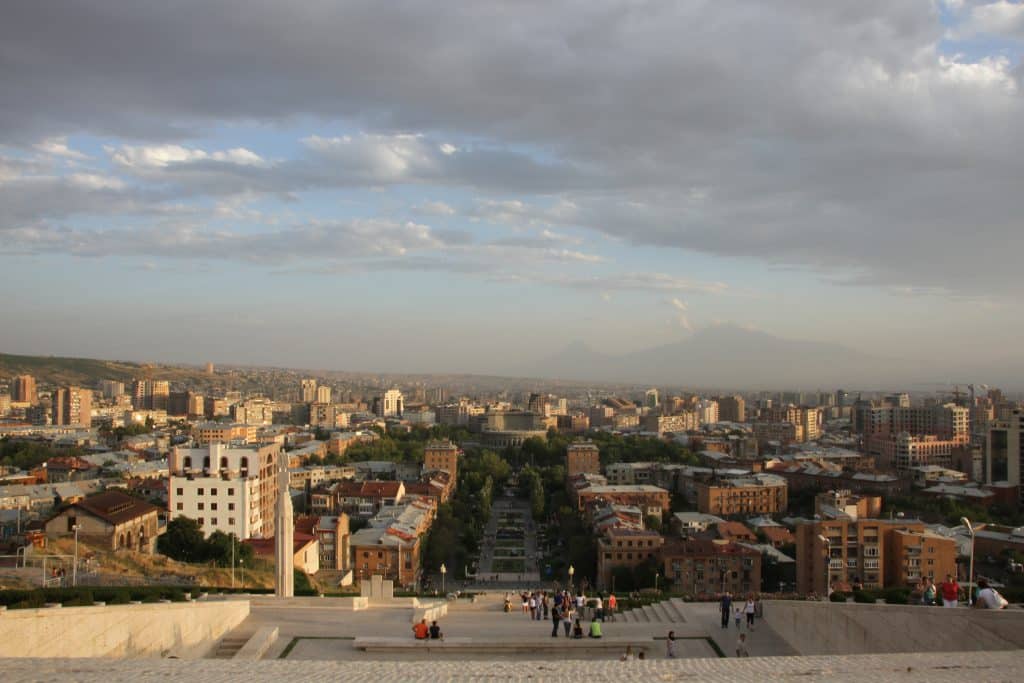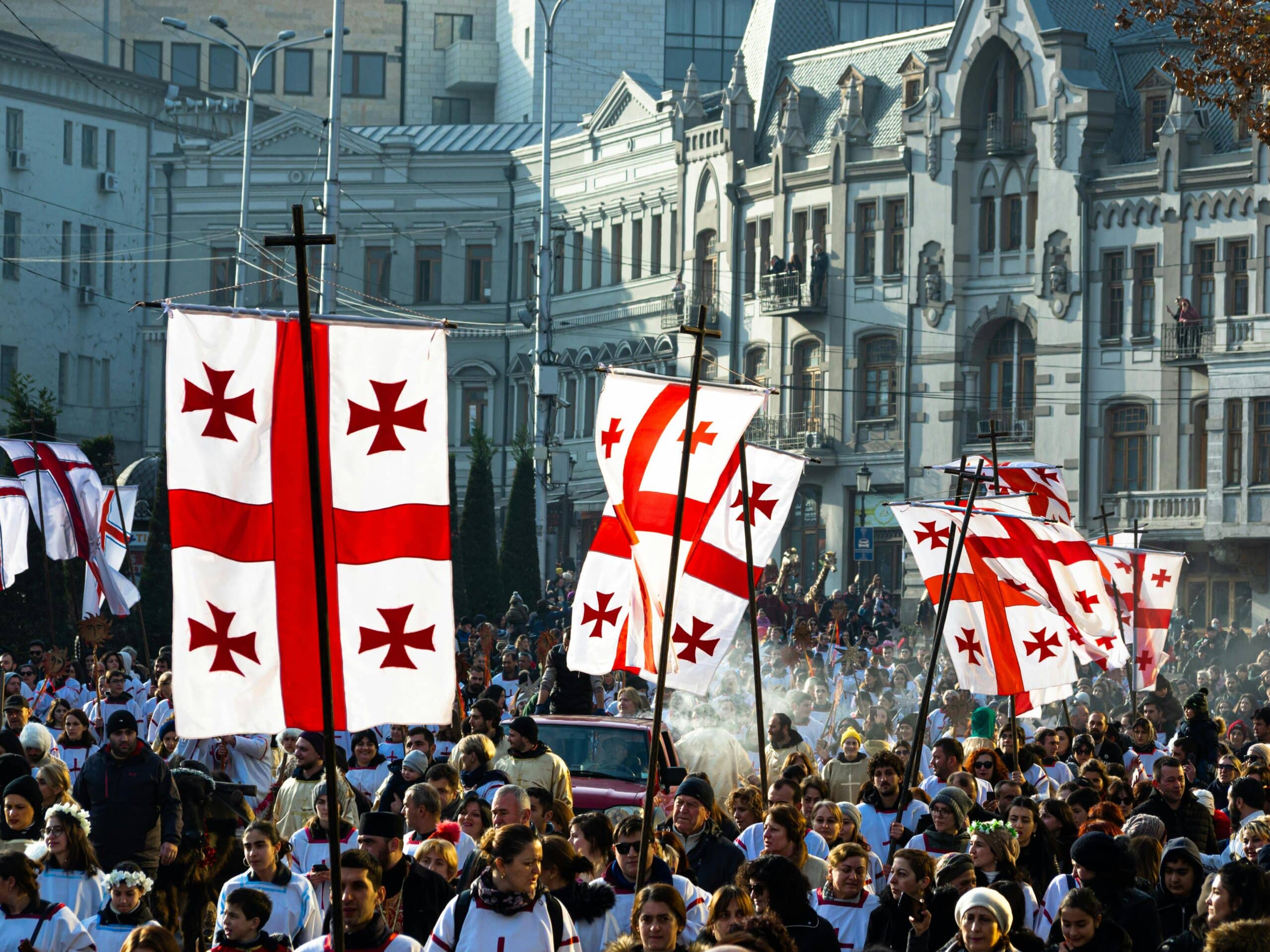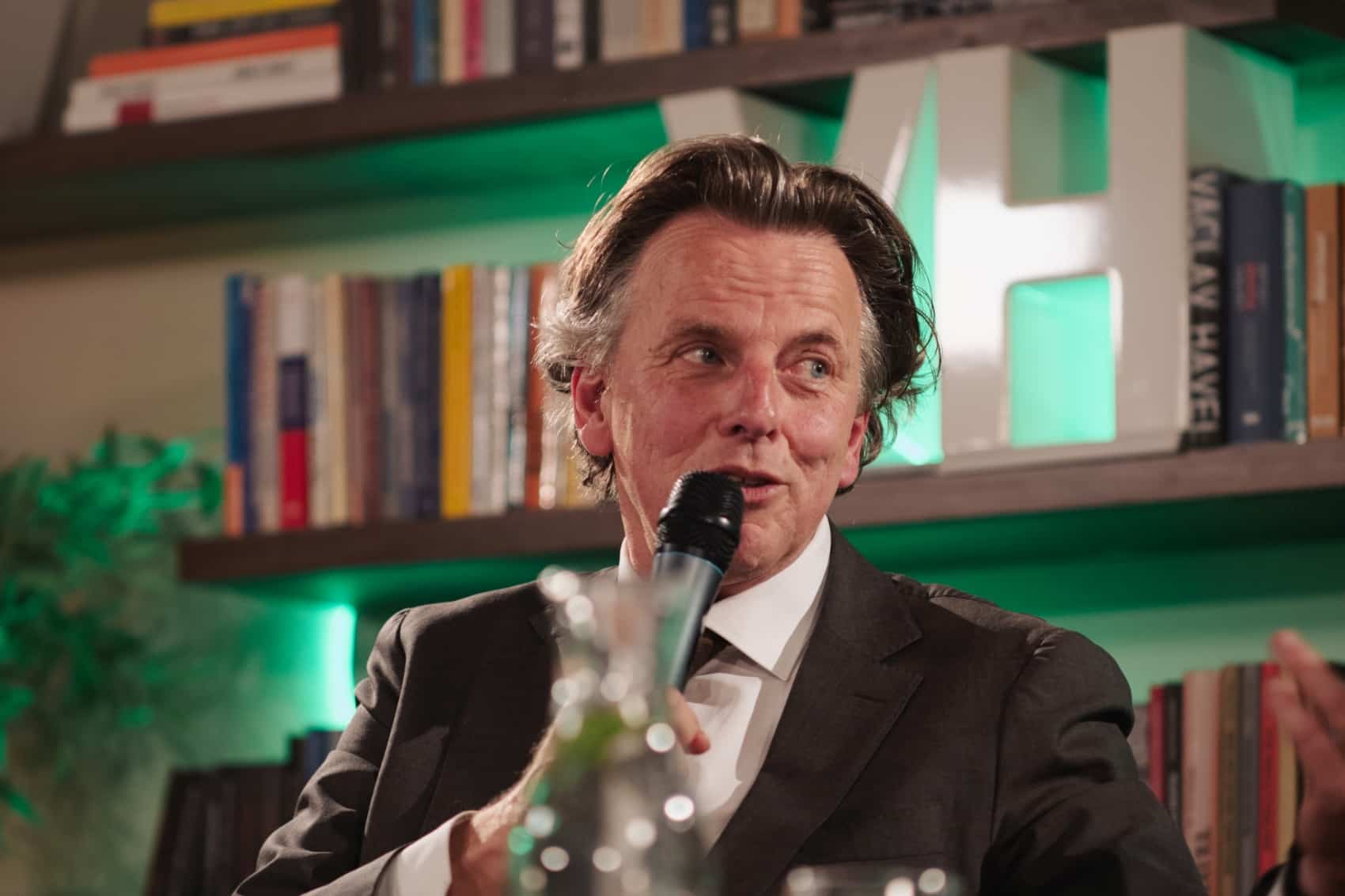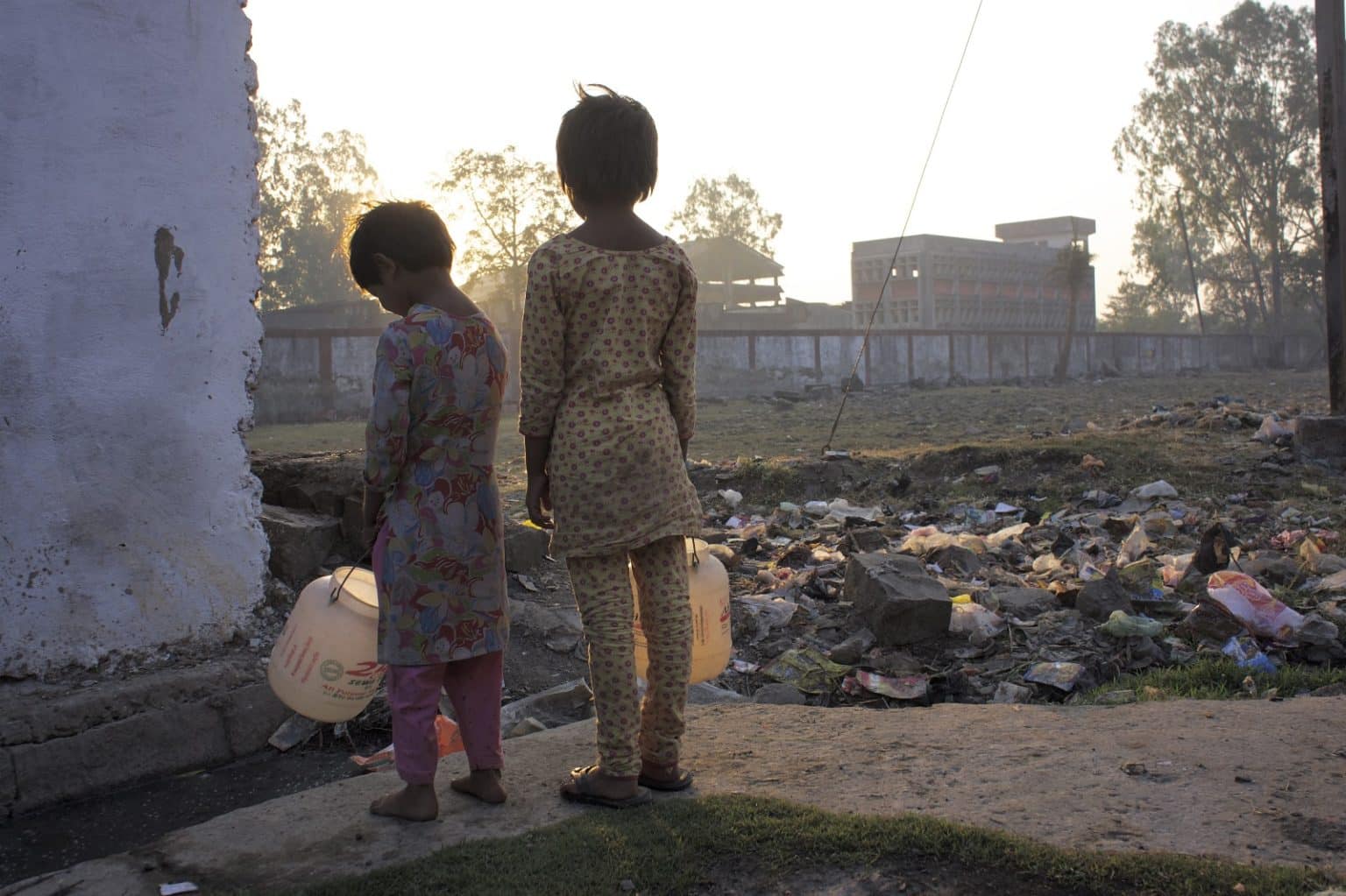By Marina Ohanjanyan
Last Sunday, local elections took place in Yerevan, the capital of Armenia. This would not normally be big news, were it not for the fact that these were the first elections since the peaceful revolution in the country earlier this year. AND the fact that some 40% of all voters live in the capital. This election was therefore seen as a first real test for the post-revolutionary government of Prime Minister Nikol Pashinjan. Especially since after taking office in May, following massive protests led by him, he set early parliamentary elections as one of his priorities. These, he said, will take place before May 2019. The Yerevan elections were thus a milestone because they would provide preliminary answers to two crucial questions: is the country indeed freer and more democratic than before, and can the newly-elected Prime Minister still count on the massive support of his people in the early parliamentary elections?
The elections
It was about elections to the Yerevan city council on 23 September. In these, the list leader of the winning party or bloc would also become mayor. In the past 15-20 years, this has always been the party of the former government, the Republican Party (HHK). Also, elections always proceeded with disturbances. Despite reforms and new control mechanisms introduced partly under EU pressure, the main problem remained bribing/pressuring voters and observers.
That seems to have changed this time. Election observers report far fewer irregularities than in previous years, and voters share their positive experiences (without pressure or bribery) en masse on social media. Artur Sakunts, head of the Helsinki Citizens' Assembly, an NGO that works, among other things, on civilian monitoring of politics, said Armenia has now held free and fair elections for the first time in its history.
This, despite the fact that the election campaign was anything but peaceful. My Step, Pashinjan's alliance, and himself campaigned adamantly, attacking opponents as being "counter-revolutionary. The Prosperous Armenia (BHK) party candidate who came second, Naira Zohrabian, claimed that her campaign staff were harassed by the authorities, and that 300 of her activists were questioned by police for allegedly bribing voters. No evidence was found, but it must be said that according to many in Armenia, BHK, led by the oligarch Gagik Tsarukian, did use that practice in the past.
Be that as it may, all parties accept the legitimacy of the results. In fact, the Armenian Revolutionary Federation - Dashnaktsutyun (ARF), which itself got only 1.6% of the votes, has already claimed that the elections were fair.
An ironclad mandate
As for the second question, whether Pashinjan is still supported, the numbers do not lie: My Step won with a whopping 81% of the votes. This makes list leader Hajk Marutjan - a close ally of Pashinjan - the next mayor of the capital. The difference between numbers 2 and 3 - Prosperous Armenia and the Luys ("Light") bloc - could hardly have been bigger: they achieved 7% and 5% respectively. The latter thus did not even cross the electoral threshold, but will still take a seat on the city council, as by law at least three parties must be in it. The rest of the 12 parties and blocs that participated each obtained less than 2% of votes.
A golden future?
All this means that all lights are on green for Pashinjan and his Civil Contract party. If nothing crazy happens between now and May, a big victory awaits the Prime Minister in the early parliamentary elections. But the golden future that seems so certain for him has not yet been achieved for Armenia. Thus, the Premier's popularity could also be a stumbling block on the road to democracy: with so little opposition, it is hard to resist the temptation of absolute power. It is also unfortunate that Pashinjan, having clearly won on all counts, is not following the example of his declared role model Nelson Mandela. Instead of radiating reconciliation and unification, especially during the Yerevan campaign, he has pretty much divided things into us (the revolutionaries and anyone who supports them) and them (the "counter-revolutionaries", saboteurs, or just critical politicians and parties). Even his current coalition partners - ARF and the Republic Party - are deeply troubled by this, and have warned Pashinjan that they are considering not supporting his plans for early parliamentary elections in a parliamentary vote.
Their support will not matter much at the moment, given Pashinjan's popularity. But in the long run, it is healthier to foster a vibrant yet respectful political culture, alongside all the reforms. A chance like this, to build a new country with the support of virtually the entire people, where really everything is on the table, you generally only get once.
Photo: Flickr





